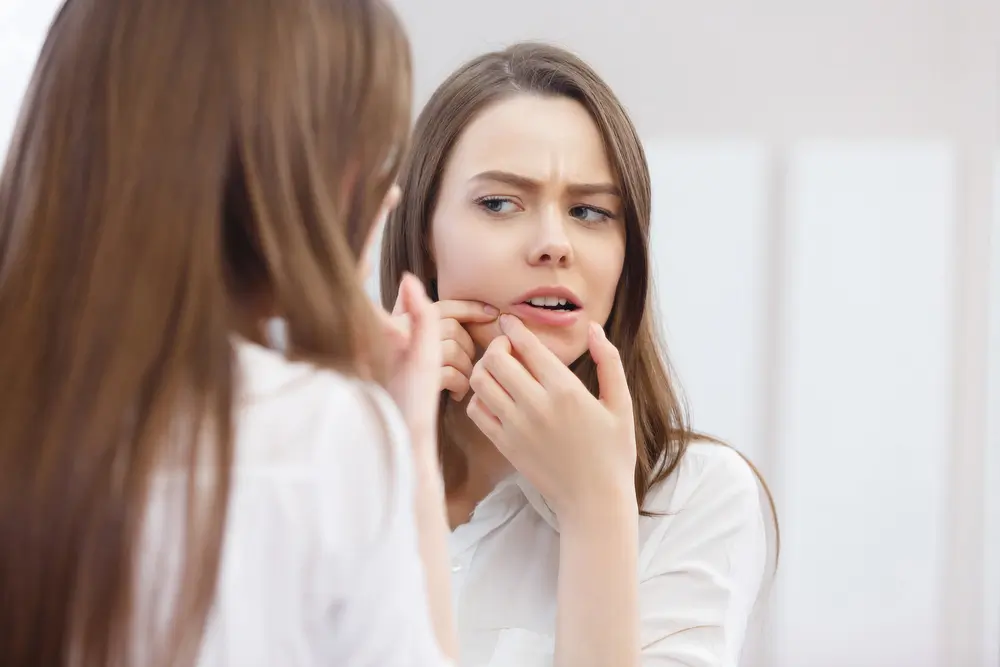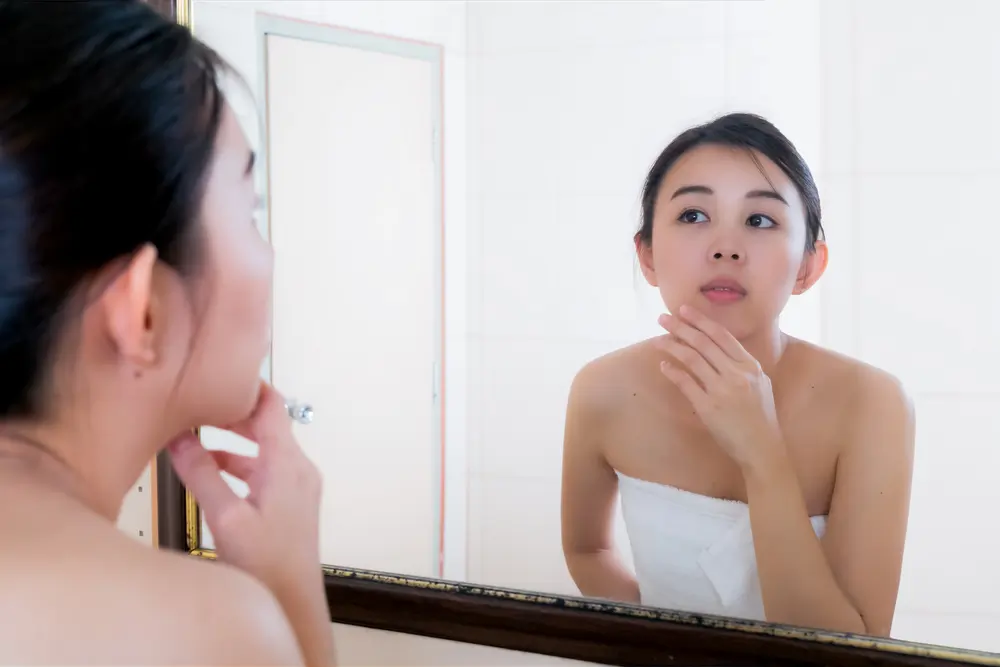Acne- which creams and gels are the best?
Acne is a very common skin condition- whilst it is most prevalent amongst teenagers, unfortunately it sometimes continues into adulthood. There are many good treatment options: most people start with over-the-counter products available from a pharmacy, but if these don’t work, a doctor can prescribe stronger creams/gels, or oral antibiotics. The contraceptive pill can also help acne in women. And if these options fail, a dermatologist may be able to help.
With the wide variety of creams and gels available, it can be hard to know what to choose. A good starting point is to figure out what kind of acne you have- i.e. what type of lesions are most troublesome for you. There are two main types of acne lesion- non-inflammatory and inflammatory. Many people have a mixture of these. Different treatments may help one type more than another- some treatments help both!
What are the types of acne lesion?
Non-inflammatory lesions:
- Whiteheads or “closed comedones”– these are closed, oil-plugged pores.
- Blackheads or “open comedones” -these are open plugged pores — the oil turns brown when it is exposed to air.
Inflammatory lesions:
- Papules- these are small, sore red bumps
- Pustules- these are also known as pimples, and are papules containing pus
- Nodules- these are large, solid, painful lumps under the skin
- Cysts- these are large, painful, pus-filled lumps under the surface of the skin
What types of creams and gels can I use for acne?
Benzoyl Peroxide and Salicyclic Acid
The most common over the counter cream is Benzoyl Peroxide- a big plus is that bacteria don’t get resistant to it over time. It can help a variety of the lesions described above, particularly if used with a retinoid cream/gel (see below). It’s also often used with antibiotic creams or pills to stop bacterial resistance developing. Salicyclic acid is also present in quite a few over the counter creams, cleansers and face-washes- it breaks down comedones, and may be of some benefit.
Retinoids and Topical Antibiotics
In terms of prescription-only topical treatments available from your doctor or online doctor, the “retinoids” are among the most effective. They are used in mild to moderate acne- they can prevent the formation of comedones (blackheads and whiteheads). They are also helpful against inflammatory lesions such as papules and pustules. They are recommended for use by themselves for non-inflammatory acne (comedones), but WITH antibiotics if there is inflammatory acne present (papules, pustules).. They can be helpful also when oral treatments are being stopped, to try to maintain any improvements achieved. Topical antibiotic preparations are used for mild to moderate inflammatory or mixed acne, but it’s usually recommended they are used along with Benzoyl Peroxide to prevent resistance.

What else can I do?
If topical treatments don’t work, or cause side effects, it’s time to talk to your GP for advice- oral antibiotics, the contraceptive pill (in women) and other treatments available from dermatologists are worth considering.
Getting a Mental Health Care Plan in Australia: Your Guide
Getting a Mental Health Care Plan in Australia: Your Guide Mental health matters—and if you’re feeling overwhelmed, anxious, or down, a mental health care plan can help. But what is it, and how do [...]
UTI Symptoms and Treatment: What You Need to Know
UTI Symptoms and Treatment: What You Need to Know Urinary Tract Infections (UTIs) are common, uncomfortable, and often disruptive. But what exactly are the signs to watch for, and how can you get relief [...]
Free Mental Health Care Plan Online | Bulk-Billed by Qoctor
Free Mental Health Care Plan Online | Bulk-Billed by Qoctor Discover how to get a free, bulk-billed Mental Health Care Plan (MHCP) in Australia through Qoctor's telehealth service. Accessing [...]




